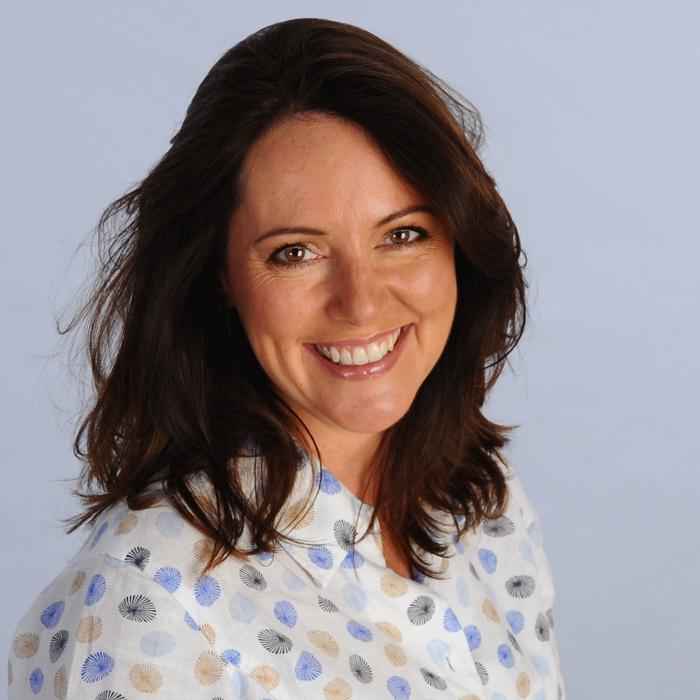Therapy
Counselling Models
There are many different forms of counselling, each with different ideas about how the human psyche has developed and different ways of working with issues. For example:
Brief Solution Focussed Therapy: – is a more short term therapy that concentrates on one issue and tries to find ways of solving this.
Humanistic Therapy (or Person Centred): – places great importance on the quality of the relationship between client and counsellor and believe in the essentially positive nature of human life.
Psychodynamic Therapy: – is more interested in the client’s unconscious thought processes and believes that childhood experience provides answers for today’s problems.
Cognitive Behavioural Therapy: – is concerned with a client’s behaviour and the context in which this takes place, with a view to learning new ways of behaving.
Integrative Therapy: – brings all the schools of therapies together so the therapist works across the models and at times may choose the best method suited to the individual clients needs. It fits with the notion of counselling as a modern service. Living in a multi-cultural society means that Integration is prevalent as society adjusts to mixed marriages, gay relationships, different religions and beliefs etc. I believe the modern client needs a range of theoretical models in order to work with their processes and I feel the development of Integration mirrors this need.
Research has shown that not one theory has been necessarily better and what does seem to be effective foremost is the quality of relationship. Around the 1960’s the term ‘the relationship’ emerged, challenging and yet bringing together the Analysts and Humanists. The ‘blank screen’ or the ‘analyst and patient’ changed to ‘counsellor and client’ where the emphasis on the quality of the relationship became important. Integration became the new method of working with psychological processes bringing together the analytic and the humanistic schools. Integration adopts the importance of working both with the quality of the relationship and with unconscious processes.
What happens in counselling?
In a typical session you would meet me to decide whether therapy is what you need and also whether you feel we could work together. It is important if you are going to be able to share personal aspects of your life with me, that you feel a connection and warmth as well as trust and confidence. The initial session is a consultation after that we will make a contract to work together for a number of sessions with a view to reviewing this regularly, to ensure that you are getting what you need from your sessions.
The Therapeutic Relationship
Counselling and therapy is a special relationship built on confidentiality, mutual respect and open communication. I aim to help you clarify and identify your problems and support you to find your own solutions and empower you to make your own decisions. I do not give advice or offer sympathy as this is unhelpful to you. The therapeutic relationship offers deep empathy, commitment and works within clear and professional boundaries.
The principle behind counselling and therapy is that it helps enormously to share problems with someone who is there to listen and try and understand how things are for you. Unbiased in my approach, I offer support and strength during emotional times. More importantly I can help you unravel the reasons behind issues such as depression, substance abuse and low self-esteem, or come to terms with childhood pain caused by bereavement or sexual abuse. Therapy is a process during which you will come to know yourself, to understand why you engage in the same destructive behaviour or repeat the same patterns, it is a journey of self-discovery which can be painful and difficult, but the end result is a more fulfilling and enlightened life.
For further help, please call 07870 127 650 : email me direct : use contact form

